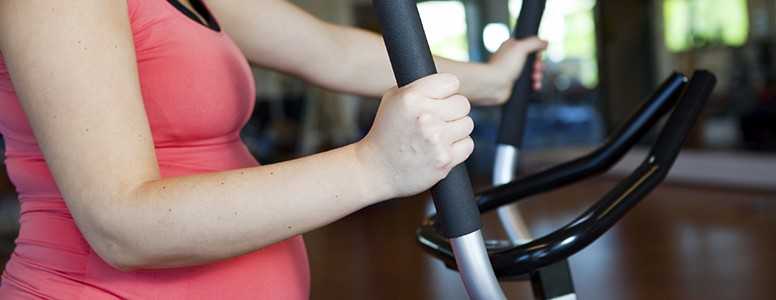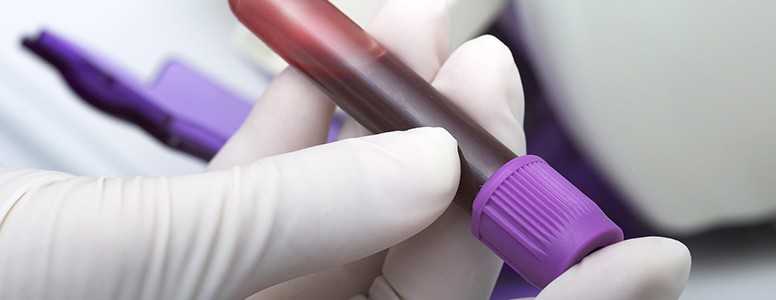Short bursts of high-intensity exercise could significantly reduce HbA1c levels and cardiometabolic risk factors in people with type 2 diabetes, a small study finds.
76 type 2 diabetes patients were randomised to two exercise programs by Avinash Pandey, a high school student at Waterloo Collegiate Institute, Ontario, Canada.
The first program was a conventional sustained-exercise program, which involved 30 minutes of physical activity. The second program was a burst-exercise program, in which patients performed three bouts of 10-minute bursts.
Patients had an average age of 65 and an average BMI of 31 kg/m2, while HbA1c, LDL and HDL cholesterol and triglyceride levels were measured before the study.
After three months of participating in the exercise programs, the average HbA1c reduction was 0.82 per cent in the burst-exercise group. This was noted as being statistically significant in comparison to the average reduction of 0.25 per cent in the sustained-exercise group.
The burst-exercise group also had improvements in cardiometabolic risk factors. Compared to the sustained-exercise group, they had greater reductions in LDL cholesterol (known as “bad” cholesterol) and triglycerides and improved HDL cholesterol (known as “good” cholesterol).
Senior researcher Dr. Paul Poirier, Université Laval, Quebec City, acknowledged that given the small size of the study, further investigation is required, but he is optimistic that these findings could lead to greater control among patients with type 2 diabetes.
Poirier told Medscape Medical News: “We always need more research, because it is short term. In an exercise study, three months is good to show proof of concept, but we need to have longer-term data. But right now, it’s very interesting.
“What we can say for sure is that [burst exercise] is safe and effective in the short term. Quite frankly, the reduction in HbA1c was as good as adding a drug.”
The findings were presented at the 2015 Canadian Cardiovascular Congress (CCC).
What's new on the forum? ⭐️
Get our free newsletters
Stay up to date with the latest news, research and breakthroughs.


